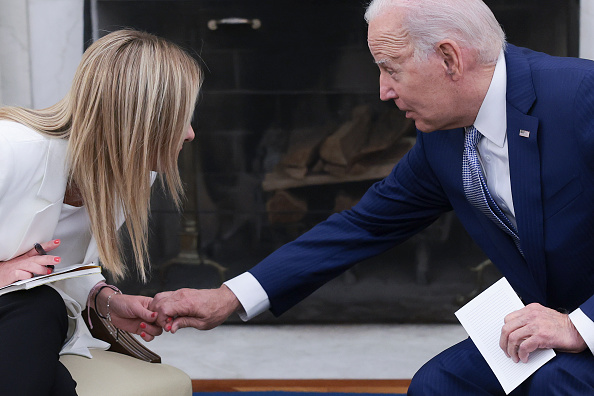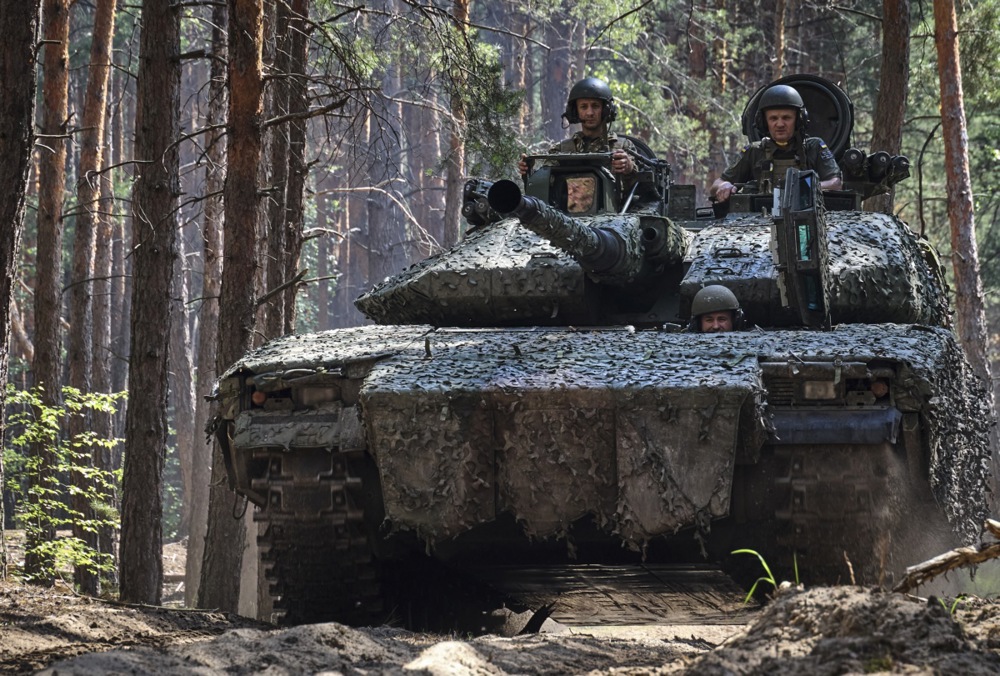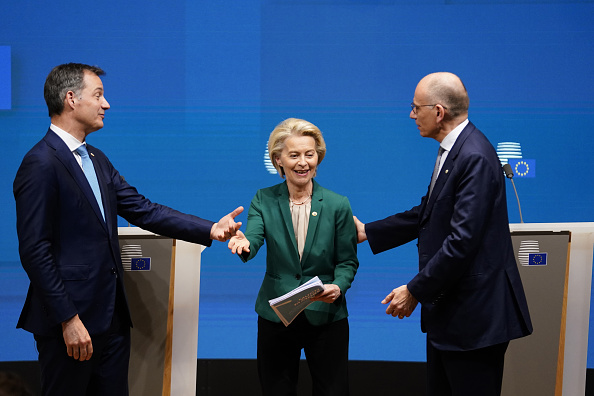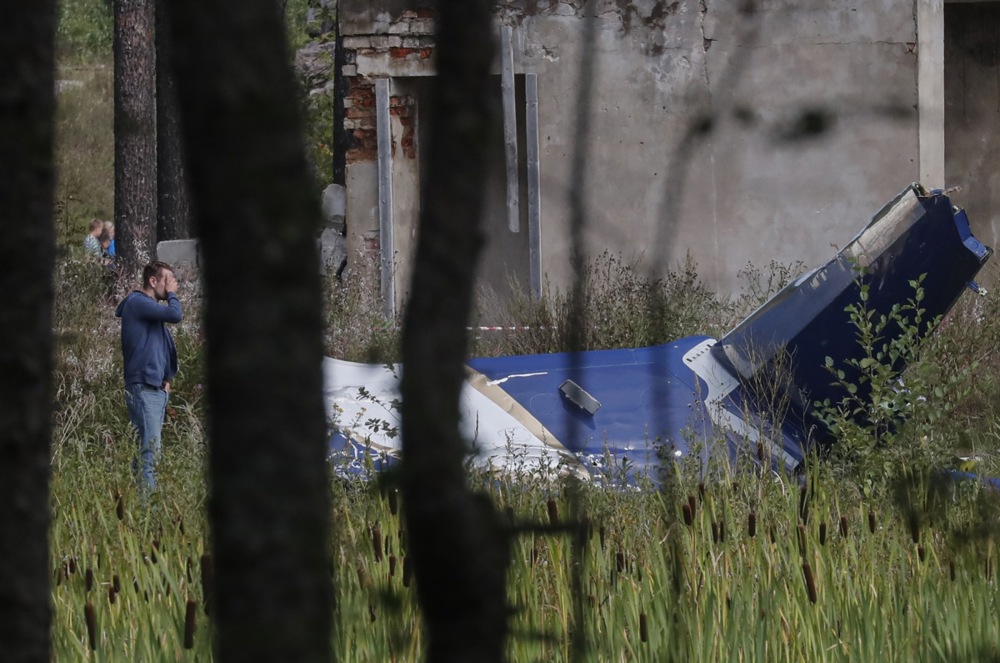The European Union is said to fear that US-President-elect Donald Trump will force a deal with Russia that would not only be bad for Ukraine with loss of territory involved but also pose serious security problems for the continent.
In addition, EU players were said to be concerned that such an agreement between Kyiv and Moscow might open cracks among their partners, especially in the Eastern and Baltic countries, EU players.
“Many people here are also afraid of being publicly marked for having maintained a discourse and in the end accepted a military defeat that was actively and passively denied,” a European Parliament source said on December 18.
The big question on the table was what European allies could offer Kyiv, especially if Washington withdrew its support, partly because of geo-strategic needs in the Indo-Pacific.
In the EU, there has long been talk of peace negotiations between Russia and Ukraine.
That is despite the fact that for the past almost three years, such a stance has been seen by some as a clear sign of defeatism regarding Russian President Vladimir Putin.
Losses on the front line continue. Ukrainian soldiers are said to be stretched to the limit and demoralisation is reportedly spreading in the trenches.
Against that, European leaders have sought to significantly increase their support for Kyiv to initiate diplomatic dialogue from a position of greater strength than at present.
Moscow has made several attempts but all have been rebuffed. Now, Brussels has seemed to naively hope that Russia will listen to “reason”.
Trump will be sworn into the White House in January. He has said that whenever he gets the chance, the first thing he will do is to put an end to the war in Ukraine. That is what has worried the current European representatives.

For the moment, while waiting to see what Trump will do, Brussels was said to be analysing the different scenarios with growing alarm at finding an agreement already cooked up and forced by Washington, according to European sources.
The last European Council summit of the year officially began on December 18 with the meeting of several EU leaders but the publicly accessible events take place on December 19 and 20.
German Chancellor Olaf Scholz, Italian Prime Minister Giorgia Meloni, Poland’s President Andrej Duda, Denmark’s PM Mette Frederiksen, Dutch PM Dick Schoof, the foreign ministers of France, Jean-Noël Barrot, and the UK, David Lammy were attending. They were alongside the President of the European Commission, Ursula von der Leyen, and the president of the European Council, António Costa.
All have met with Ukrainian President Volodymyr Zelensky and NATO Secretary-General Mark Rutte on the evening of December 18 to coordinate the response of the European allies.
“It’s about getting Ukraine in the best position, one day, when it chooses, to start peace negotiations,” Rutte said.
The Ukrainian president remarked on his arrival at the meeting: “It is a good opportunity to talk about security guarantees for Ukraine, for today and tomorrow, and to show unity, to have the same position.”
According to a report allegedly written by a German diplomat at the country’s embassy in Moscow, Berlin plans to work for peace between Ukraine and Russia under the guise of “food security”. https://t.co/XFQxrNY0Y3
— Brussels Signal (@brusselssignal) December 18, 2024





